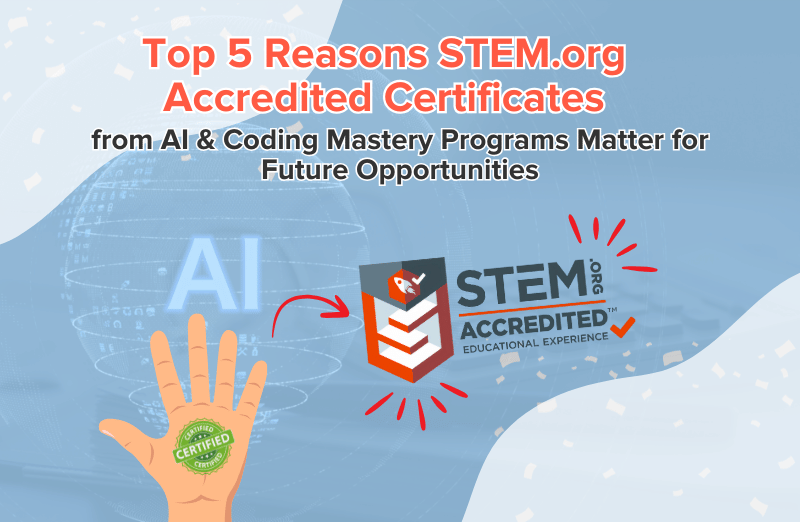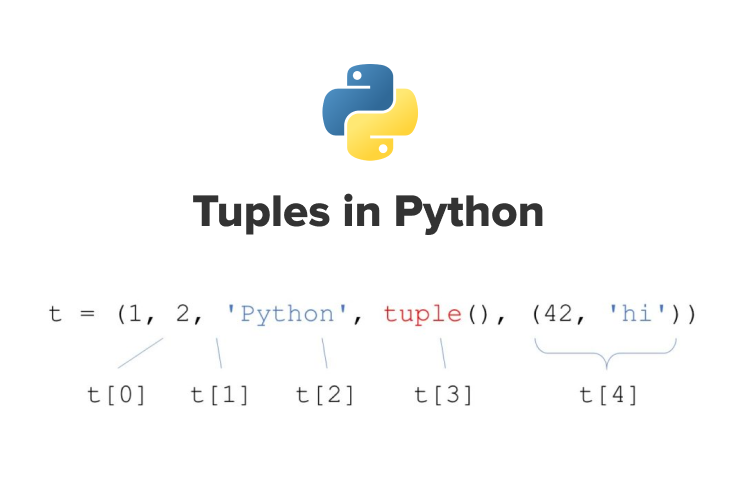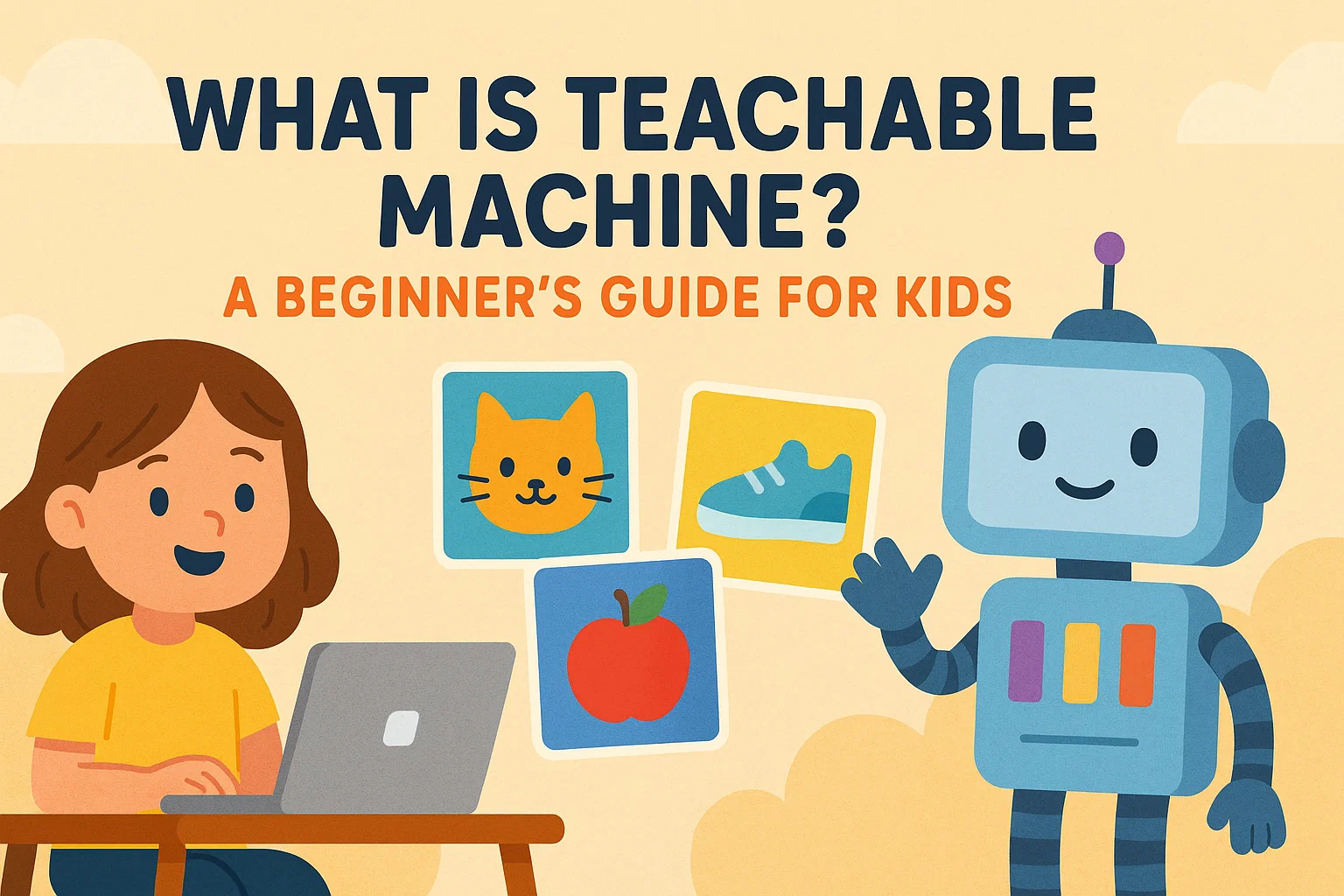Introduction
In today’s rapidly evolving digital landscape, the demand for skilled programmers and AI specialists continues to surge across industries. As artificial intelligence and machine learning become integral to modern workplaces, students who develop these skills early gain a significant competitive advantage. (AI & STEM Education: Leveraging Technology to Teach STEM) Recent studies reveal that 62% of students ages 12 to 18 would consider a career in STEM, with 25% specifically interested in pursuing artificial intelligence careers. (AI & STEM Education: Leveraging Technology to Teach STEM)
For parents and students seeking quality coding education, STEM.org accredited certificates represent the gold standard in educational validation. These certifications not only demonstrate mastery of technical skills but also provide tangible proof of achievement that colleges and employers recognize and value. Codingal’s AI & Coding Mastery Programs, backed by STEM.org accreditation, offer students a pathway to develop essential 21st-century skills while earning credentials that open doors to future opportunities. (Codingal)
This comprehensive guide explores the top five reasons why STEM.org accredited certificates from AI & coding mastery programs are crucial for students’ future success, examining how these credentials enhance college applications, boost career prospects, and validate technical competencies in an increasingly competitive landscape.
Understanding STEM.org Accreditation and Its Significance
STEM.org Educational Research has been a pioneering architect in the sector’s quality assurance protocols since 2001, developing esteemed STEM trustmarks that serve as symbols of educational fidelity and excellence. (STEM.org Educational Research) The organization’s rigorous evaluation process ensures that accredited programs meet the highest standards of STEM education, providing students and parents with confidence in the quality and relevance of their educational investment.
The significance of STEM.org accreditation extends beyond simple certification. In 2019, STEM.org conducted a significant five-year K-12 STEM school study that was featured on the front cover of Newsweek, demonstrating the organization’s commitment to research-based educational excellence. (STEM.org Educational Research) This level of recognition and validation makes STEM.org accredited programs particularly valuable for students seeking to distinguish themselves in competitive academic and professional environments.
Codingal’s commitment to educational excellence is reflected in its STEM.org accredited curriculum, which covers foundational block-based coding through advanced topics like data science and Olympiad algorithms. (Codingal) The platform’s project-based approach helps students build websites, apps, games, and AI projects while strengthening problem-solving and creative skills, all within a framework that meets global STEM standards.
Reason #1: Enhanced College Application Credibility
The Growing Importance of STEM Credentials in Admissions
College admissions have become increasingly competitive, with universities seeking students who demonstrate not only academic excellence but also practical skills and real-world experience. Advanced Placement (AP) courses and exams remain popular choices for ambitious students, but high school students now have access to a wide range of alternative programs that can strengthen their applications. (Do AP Scores Matter for College Admissions?)
STEM.org accredited certificates provide admissions officers with clear evidence of a student’s commitment to technical education and their ability to complete rigorous coursework. These credentials carry particular weight because they represent standardized, third-party validation of skills and knowledge, similar to how Cognia’s STEM Certification program recognizes institutions that demonstrate strong and effective STEM focus. (STEM Certification)
Demonstrating Technical Competency and Initiative
When students present STEM.org accredited certificates from programs like Codingal’s AI & Machine Learning courses, they showcase both technical competency and personal initiative. (AI and Machine Learning) These certificates demonstrate that students have gone beyond traditional classroom learning to develop skills that are increasingly relevant to modern academic programs and career paths.
The project-based nature of accredited coding programs provides students with tangible portfolios of work that can accompany their applications. Whether it’s a mobile app developed through MIT App Inventor courses or a web design project from Bootstrap programs, these concrete achievements help students stand out in crowded applicant pools. (MIT App Inventor for Kids, Bootstrap Web Design for Kids)
Building a Narrative of STEM Excellence
STEM.org accredited certificates help students build a compelling narrative around their interest in technology and their commitment to developing relevant skills. This narrative becomes particularly powerful when combined with other STEM activities, competitions, and achievements. Codingal’s involvement in initiatives like HPE CodeWars, which focuses on UN Sustainable Development Goals, provides students with opportunities to demonstrate both technical skills and social awareness. (News, Press & Media Coverage)
Reason #2: Competitive Advantage in the Job Market
Industry Recognition of Accredited Credentials
The technology industry increasingly values candidates who can demonstrate verified skills through accredited programs. With over 400 institutions in 35 states and across 15 countries relying on organizations like Cognia to assess and validate STEM education quality, employers have learned to recognize and trust these third-party validations. (STEM Certification)
STEM.org accredited certificates provide employers with confidence that candidates possess not just theoretical knowledge but practical, hands-on experience with relevant technologies. This is particularly important in fields like artificial intelligence and machine learning, where the gap between academic theory and practical application can be significant.
Meeting the Demand for AI and Coding Skills
The integration of AI and machine learning into modern workplaces across nearly every industry has created unprecedented demand for professionals with these skills. (AI & STEM Education: Leveraging Technology to Teach STEM) Students who earn STEM.org accredited certificates in AI and coding position themselves to meet this growing demand with verified competencies.
Codingal’s comprehensive curriculum, which includes Python programming, web development, app development, and data science, aligns with industry needs and provides students with a broad foundation of marketable skills. (Python for Kids) The platform’s focus on practical, project-based learning ensures that students graduate with portfolios that demonstrate real-world application of their skills.
Early Career Development and Networking
Participating in accredited programs often provides students with access to communities of like-minded peers and industry professionals. Codingal’s platform, with over 500,000 registered students across 70+ countries, creates opportunities for networking and collaboration that can benefit students throughout their careers. (Codingal)
The competitive programming and hackathon opportunities offered through platforms like Codingal help students develop not only technical skills but also the collaborative and problem-solving abilities that employers value. These experiences, validated through STEM.org accreditation, provide students with talking points and achievements that set them apart in job interviews and career discussions.
Reason #3: Validation of Technical Skills and Knowledge
Standardized Assessment and Verification
One of the primary benefits of STEM.org accredited certificates is the standardized assessment process that ensures consistent quality and rigor across programs. Unlike self-paced online courses or informal coding bootcamps, accredited programs must meet specific criteria for curriculum depth, instructional quality, and student assessment.
Codingal’s curriculum is mapped to the K-12 Computer Science Framework and CSTA standards, ensuring that students receive education that aligns with recognized industry and academic standards. (Codingal) This alignment provides students and parents with confidence that the skills being developed are relevant and transferable to other educational and professional contexts.
Comprehensive Skill Development
STEM.org accredited programs typically require students to demonstrate competency across multiple areas, from foundational concepts to advanced applications. Codingal’s approach includes everything from Scratch programming for beginners to advanced topics like data science and competitive programming algorithms. (Curriculum)
This comprehensive approach ensures that students develop not just coding skills but also critical thinking, problem-solving, and project management abilities. The accreditation process validates that students have been exposed to and mastered a broad range of competencies that will serve them well in future academic and professional endeavors.
Portfolio Development and Project-Based Learning
Accredited programs emphasize hands-on, project-based learning that results in tangible portfolios of work. Students in Codingal’s programs create websites, mobile apps, games, and AI projects that demonstrate their abilities to potential colleges and employers. (Codingal)
These portfolios provide concrete evidence of skill development and creative application, going beyond test scores or grades to show what students can actually create and accomplish. The STEM.org accreditation adds credibility to these portfolios, assuring viewers that the work was completed within a rigorous, standards-based educational framework.
Reason #4: Preparation for Advanced STEM Education
Foundation for Computer Science and Engineering Programs
Students who earn STEM.org accredited certificates in coding and AI are better prepared for advanced STEM education at the university level. The rigorous curriculum and project-based approach of accredited programs provide students with the foundational knowledge and practical experience needed to succeed in computer science, engineering, and related fields.
While there are concerns about AI’s impact on computer science careers, experts agree that AI is not expected to cause a major shortage of programming positions in the near future. (How AI Will Impact Computer Science Majors) Instead, students who understand both traditional programming and AI technologies will be best positioned for success in evolving technology careers.
Advanced Placement and College Credit Opportunities
Many students use accredited coding programs as preparation for Advanced Placement Computer Science courses, which can provide college credit and demonstrate academic readiness. Programs like Codingal’s AP Computer Science A Prep specifically target these standardized assessments while providing the broader skill development that comes with STEM.org accreditation. (Codingal)
The combination of practical coding experience and academic preparation creates a powerful foundation for students entering competitive computer science programs. Universities increasingly value students who can demonstrate both theoretical understanding and practical application of programming concepts.
Research and Innovation Opportunities
Students with strong coding and AI backgrounds are better positioned to participate in undergraduate research opportunities, internships, and innovation programs. The problem-solving skills and technical competencies developed through accredited programs prepare students to contribute meaningfully to research projects and startup ventures.
Codingal’s emphasis on creative problem-solving and project development helps students develop the entrepreneurial mindset that is increasingly valuable in STEM fields. (Why Codingal) Students learn not just to code but to identify problems and create solutions, skills that are essential for innovation and research.
Reason #5: Long-term Career Flexibility and Adaptability
Building Transferable Skills
STEM.org accredited coding and AI programs focus on developing transferable skills that remain valuable across different industries and career paths. The logical thinking, problem-solving, and analytical skills developed through programming education apply to fields ranging from finance and healthcare to entertainment and education.
Codingal’s diverse course offerings, including game development, web design, and data science, expose students to multiple applications of coding skills. (Animation, Trinket) This breadth of exposure helps students understand the versatility of their skills and prepares them for career pivots and interdisciplinary work.
Staying Current with Technology Trends
The technology landscape evolves rapidly, and professionals must continuously update their skills to remain relevant. Students who develop strong foundational skills through accredited programs are better equipped to learn new technologies and adapt to changing industry demands.
The emphasis on continuous learning and skill development in accredited programs helps students develop the mindset and habits necessary for lifelong learning in technology fields. This adaptability becomes increasingly important as AI and other emerging technologies reshape traditional job roles and create new opportunities.
Entrepreneurship and Innovation Opportunities
Many successful technology entrepreneurs began their journeys with strong coding and problem-solving skills developed during their youth. STEM.org accredited programs provide students with the technical foundation and creative confidence needed to pursue entrepreneurial ventures.
Codingal’s project-based approach encourages students to think like entrepreneurs, identifying problems and creating solutions through technology. (Codingal) This entrepreneurial mindset, combined with verified technical skills, positions students to take advantage of opportunities in the growing technology economy.
The Codingal Advantage: Quality Education with Global Recognition
Comprehensive Curriculum and Expert Instruction
Codingal’s STEM.org accredited programs stand out for their comprehensive curriculum and expert instruction. The platform offers live, interactive courses that cover everything from foundational Scratch programming to advanced AI and machine learning concepts. (Codingal)
With a 4.8/5 average class rating and over 500,000 registered students across 70+ countries, Codingal has demonstrated its ability to deliver high-quality education at scale. (Codingal) The platform’s success is built on its commitment to personalized instruction, with options for both 1-on-1 and small-group classes that ensure students receive the attention they need to succeed.
Industry-Relevant Skills and Real-World Applications
Codingal’s curriculum is designed to provide students with industry-relevant skills that translate directly to real-world applications. The platform’s courses in Python programming, web development, app creation, and data science align with current industry demands and prepare students for future career opportunities. (Python for Kids)
The emphasis on project-based learning ensures that students don’t just learn to code but learn to create meaningful applications and solutions. This approach, validated through STEM.org accreditation, provides students with the practical experience that employers and universities value.
Global Community and Competitive Opportunities
Codingal’s global reach creates opportunities for students to participate in international competitions and connect with peers from around the world. The platform hosts dozens of hackathons and Olympiad-style challenges annually, providing students with opportunities to test their skills and gain recognition for their achievements. (Codingal)
These competitive opportunities, combined with STEM.org accreditation, help students build impressive portfolios of achievements that distinguish them in college applications and job searches. The global nature of these competitions also exposes students to diverse perspectives and approaches to problem-solving.
Making the Investment: Cost-Benefit Analysis of Accredited Programs
Comparing Educational Value and Outcomes
When evaluating coding education options, parents and students must consider both immediate costs and long-term benefits. STEM.org accredited programs typically require a higher investment than informal online courses, but they provide significantly greater value in terms of credential recognition, skill development, and career preparation.
Codingal’s competitive positioning in the market reflects its commitment to quality education and student outcomes. (Codingal vs WhiteHat Jr) The platform’s focus on live instruction, personalized attention, and accredited curriculum justifies the investment for families serious about their children’s technical education.
Return on Investment in Future Opportunities
The long-term return on investment for STEM.org accredited coding education can be substantial. Students who develop strong technical skills early often have access to better college programs, scholarship opportunities, and career prospects. The competitive advantage provided by accredited credentials can translate to significant financial benefits over a lifetime.
Furthermore, the entrepreneurial opportunities available to skilled programmers and AI specialists can provide returns that far exceed the initial educational investment. Many successful technology entrepreneurs credit their early exposure to programming and problem-solving as foundational to their later success.
Scholarship and Financial Aid Opportunities
Students with strong STEM credentials, including STEM.org accredited certificates, are often eligible for scholarships and financial aid programs specifically designed to support technical education. These opportunities can help offset the costs of both K-12 coding programs and university education.
The demonstrated commitment to STEM education evidenced by accredited certificates can also make students more attractive candidates for merit-based scholarships and competitive programs that provide financial support for promising young technologists.
Implementation Strategy: Getting Started with Accredited Programs
Choosing the Right Program Level
Codingal offers programs designed for different age groups and skill levels, from elementary students just beginning with Scratch to high school students preparing for AP Computer Science exams. (Codingal) Parents and students should carefully consider current skill levels and future goals when selecting appropriate programs.
The platform’s comprehensive assessment process helps ensure that students are placed in programs that challenge them appropriately while building confidence and competence. This personalized approach maximizes the value of the educational investment and increases the likelihood of successful completion and certification.
Setting Realistic Goals and Expectations
Success in accredited coding programs requires commitment, practice, and patience. Students and parents should set realistic goals for skill development and understand that meaningful technical competency develops over time through consistent effort and application.
Codingal’s structured curriculum and experienced instructors help students progress systematically through increasingly complex concepts and projects. (Codingal) The platform’s support systems, including unlimited doubt sessions and 24/7 assistance, ensure that students have the resources they need to overcome challenges and achieve their goals.
Building a Portfolio of Achievements
Students should view their accredited coding education as part of a broader portfolio of STEM achievements that includes competitions, projects, and other learning experiences. Codingal’s emphasis on project-based learning and competitive opportunities provides multiple avenues for students to demonstrate their skills and build impressive portfolios.
The combination of STEM.org accredited certificates, project portfolios, and competitive achievements creates a compelling narrative of technical competence and commitment that serves students well in college applications and career development.
Conclusion: Investing in Future Success
STEM.org accredited certificates from AI & coding mastery programs represent a significant investment in students’ future success. These credentials provide enhanced college application credibility, competitive advantages in the job market, validation of technical skills, preparation for advanced STEM education, and long-term career flexibility.
Codingal’s commitment to quality education through STEM.org accredited programs ensures that students receive the rigorous, standards-based instruction they need to develop meaningful technical competencies. (Codingal) With over 500,000 students worldwide and a proven track record of success, Codingal provides families with confidence that their educational investment will yield significant returns.
As the technology landscape continues to evolve and AI becomes increasingly integrated into all aspects of society, students who develop strong coding and AI skills early will be best positioned to take advantage of emerging opportunities. (AI & STEM Education: Leveraging Technology to Teach STEM) STEM.org accredited certificates provide the validation and credibility needed to transform these skills into concrete advantages in college admissions, career development, and lifelong learning.
The decision to pursue accredited coding education is ultimately an investment in adaptability, creativity, and problem-solving skills that will serve students throughout their lives. In an increasingly digital world, these competencies are not just valuable but essential for success across virtually all fields and industries. Students who earn STEM.org accredited certificates position themselves at the forefront of this technological revolution, ready to contribute meaningfully to the innovations and solutions that will shape our future.
Sources
https://kidsparkeducation.org/blog/ai-stem-education-leveraging-technology-to-teach-stem
https://www.codingal.com/
https://stem.org/
https://www.sparkadmissions.com/blog/do-ap-scores-matter-for-college-admissions/
https://www.cognia.org/stem-certification/
https://www.codingal.com/courses/ai-and-machine-learning/
https://www.codingal.com/en-us/courses/mit-app-inventor-for-kids/
https://www.codingal.com/en-us/courses/bootstrap-web-design-for-kids/
https://www.codingal.com/press/
https://www.codingal.com/courses/python-for-kids/
https://www.codingal.com/en-US/curriculum/
https://www.ivyscholars.com/how-ai-will-impact-computer-science-majors/
https://www.codingal.com/coding-for-kids/blog/why-choose-codingal-for-ap-computer-science-a-a-complete-guide-for-high-achievers/
https://www.codingal.com/courses/animation/
https://trinket.io/
https://www.codingal.com/coding-for-kids/blog/ai-coding-grandmaster-vs-prodigy-which-advanced-program-is-right-for-your-child/














